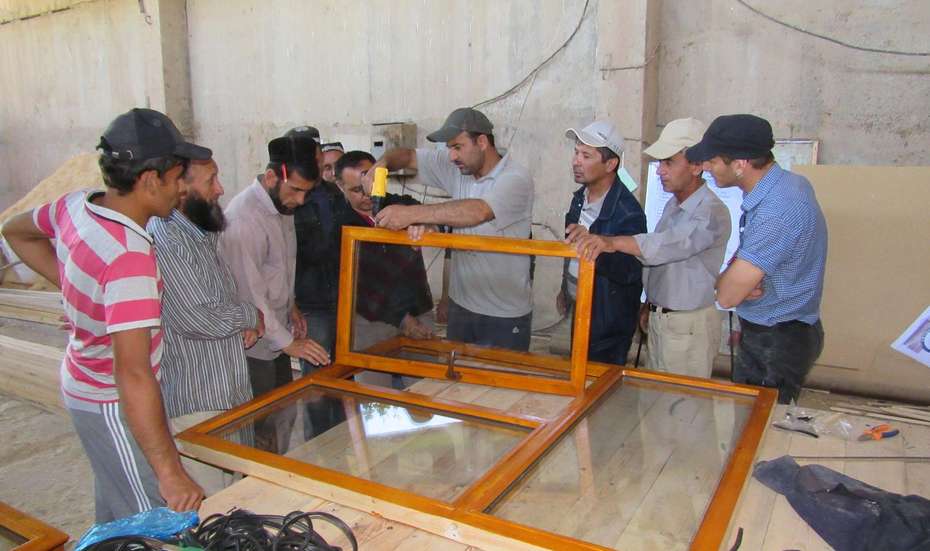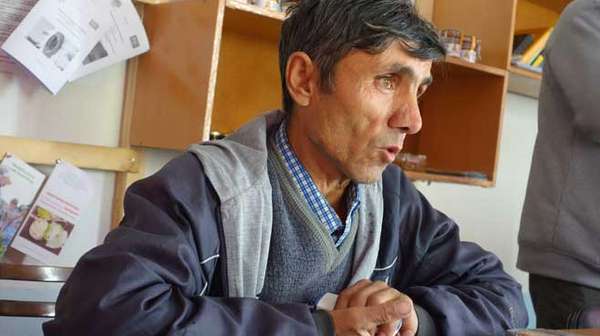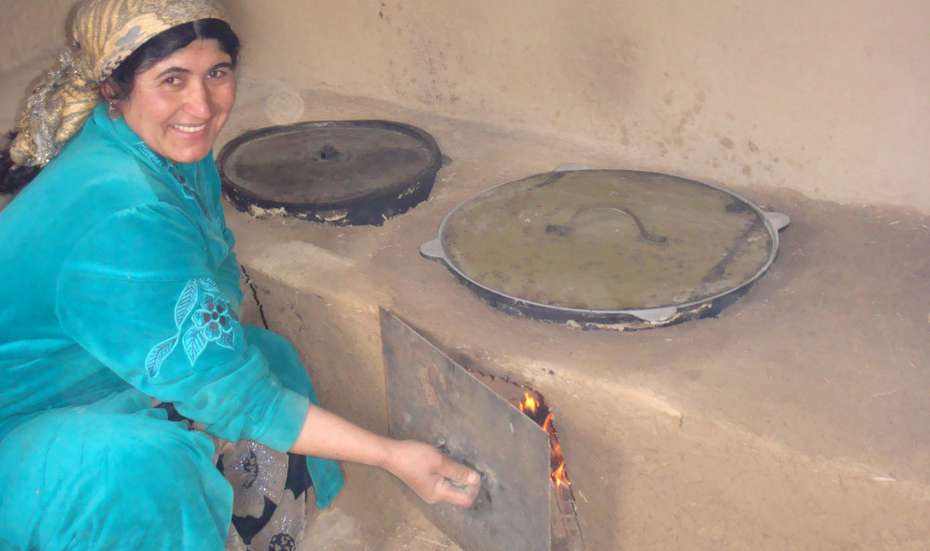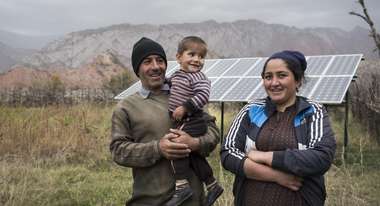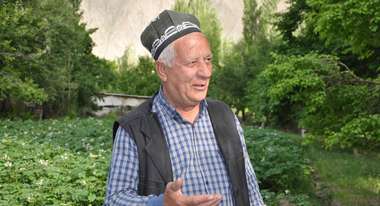Lord of the Bees
Hydroelectric and Solar Power against deforestation
Tajikistan's energy supply is incomplete and unreliable. Welthungerhilfe works for better conditions with simple technology to improve rural living conditions
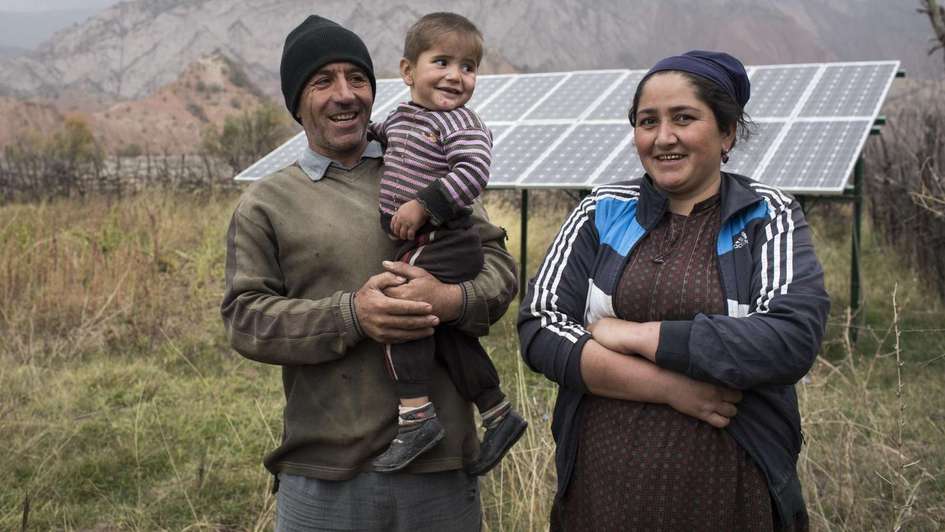
Tajikistan's energy supply is incomplete and unreliable. Residents of rural regions in particular have no reliable access to power, with power being allocated by the hour during the winter. Lacking alternatives, people use firewood from the forests and dried dung to warm their houses, livestock and ovens.
Energy Efficiency Instead of Traditional Fireplaces
Traditional fireplaces burn extremely inefficiently and use a lot of fuel. They also do not have flues. As a result, many women and children suffer chronic respiratory ailments. In addition, they also have the difficult and time-consuming task of gathering wood and dung outside of the villages.
Since 2004, Welthungerhilfe and local partners have been working to improve living conditions in the villages of the provinces Khatlon and Sughd. They are focusing on renewable energy and energy efficiency. Both provinces have a dry climate with a lot of sun. At the same time, natural reserves of firewood are scarce.
Since forests have been logged three to four times more quickly than they can regrow for decades, rates of soil erosion and desert formation are increasing.
How Welthungerhilfe Supports People in Tajikistan
In conjunction with local tradespeople, Welthungerhilfe has developed improved ovens and waste heat fireplaces that do not produce smoke and use 30-70% less energy.
- A market-based distribution model encouraged thousands of households to make their fireplaces more efficient.
- Local businesses and construction professionals were trained in adapted building insulation techniques, both with locally-available and natural insulation materials as well as with commercial insulation.
- Thanks to the project, approximately a dozen carpenters are successfully producing modern double-glazed windows for the local market.
- In three mountain villages, small hydroelectric power plants are under construction. They are expected to go on line in the fall of 2016, at which point they will provide power for the first time.
- Smallholders are making fallow land arable with three solar-powered pump systems.
- Large numbers of photovoltaic mini systems are being installed in off-grid communities, both in private households and in institutions such as businesses, schools and hospitals.
The project as a whole has already significantly reduced pressure on the remaining natural resources. In addition, both private households and the manufacturing sector are benefiting from reliable and cost-effective renewable energy.




